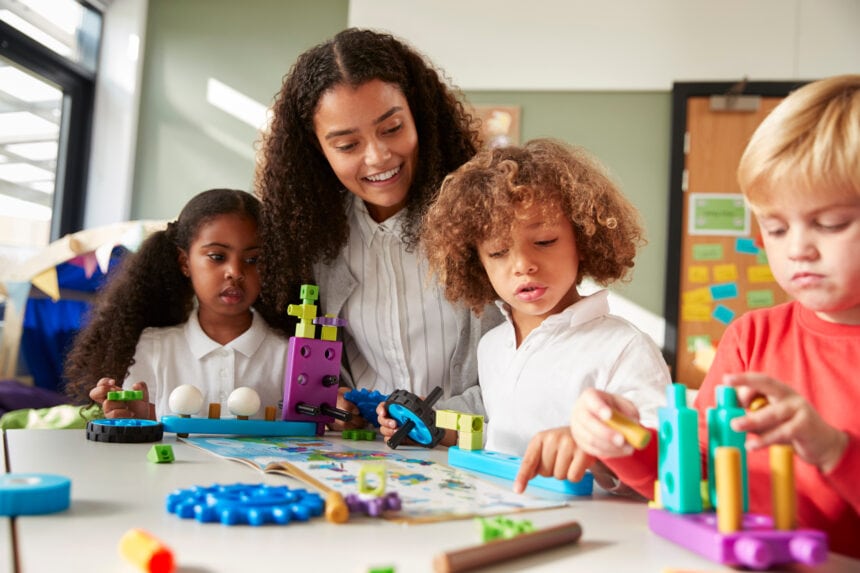Why do educators need a pedagogy of play? What does playful learning look and feel like in classrooms and schools? How do educators set up the conditions where playful learning thrives?
These are the questions the newly released book, “A Pedagogy of Play: Supporting Playful Learning in Classrooms and Schools” written by researchers at the Harvard Graduate School of Education is focusing on.
Play, as an important part of children’s social and intellectual development, has been acknowledged by the educational community for a long time. However, the idea of playful learning in schools remains sidelined to recess and early childhood. The book aims not only to expand on the importance of play, which is already a well-researched topic, but also to address how play can be incorporated into formal learning.
The book is drawn from eight years of research under the Pedagogy of Play project funded by The Lego Foundation. As the first large-scale study on playful learning in schools, the book includes practices and strategies to provide teachers with a comprehensive set of tools to include play into their curricula.
The book can be downloaded for free here


